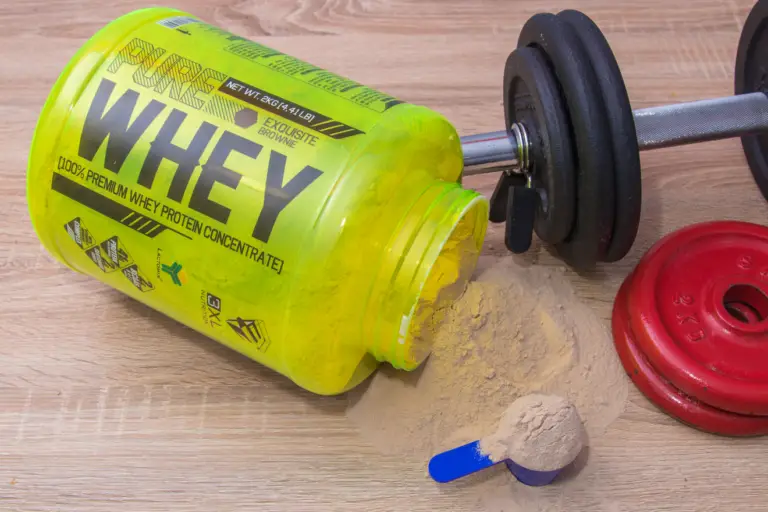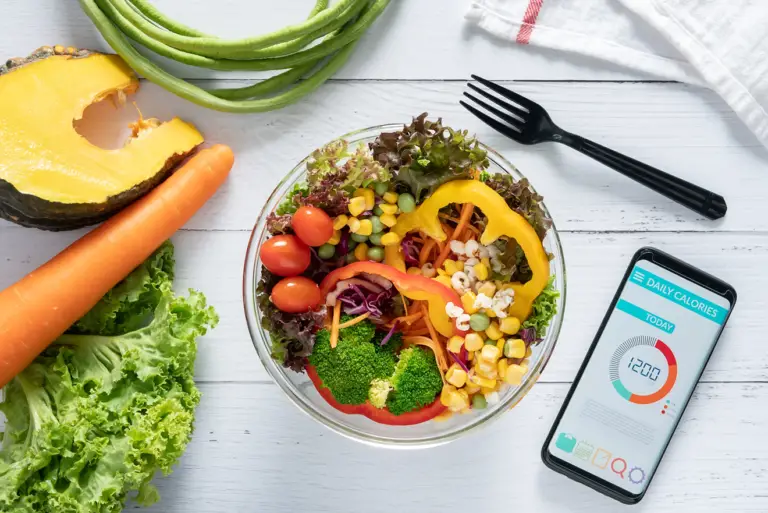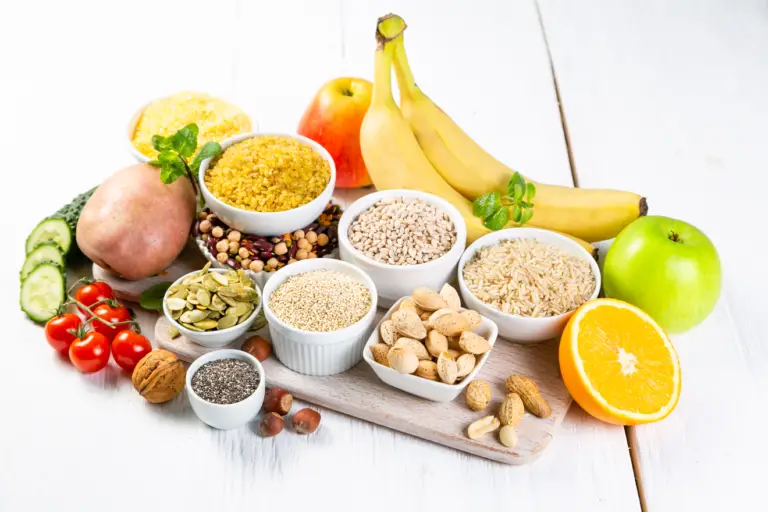Protein
Why is protein important for weight training?
Protein is essential for repairing and building muscle, as well as maintaining muscle when dieting. Amino acids, which are the building blocks of proteins, are used to repair and build muscle fibers after they have been damaged by workouts. More specifically, the amino acids are used to repair and build new actin and myosin contractile protein filaments. (To learn about muscle fibers, see Muscle structure, in the Weight Training Guide.)
When you train, you stimulate an increase in the uptake of amino acids from your bloodstream. If amino acid quantities are insufficient, or if certain types of amino acid are missing, your body’s ability to repair and build muscle tissue will be impaired. As a result, you will experience slow strength and muscle gains or even muscle loss.
Protein is also used as an energy source. However, it is used as anaerobic fuel only when carbohydrates are low or as aerobic fuel only when both carbohydrates and lipids (fats) are low. (For a full discussion on aerobic and anaerobic respiration, see Introduction to cardio, in the Cardio Training Guide.)
What are the best sources of protein?
Protein can come from both animal and plant sources. Animal sources of protein include meats (chicken, beef, pork, turkey, fish, seafood, etc.), dairy products, and eggs. Plant sources include grains, nuts, legumes, peas, broccoli, and spinach.
However, not all sources of protein are the same. Some foods provide a better source of protein. The quality of a protein depends on its amino acid content.
Amino acids are the building blocks of proteins. There are 20 types of amino acid. Nine of them (leucine, lysine, threonine, isoleucine, phenylalanine, valine, methionine, tryptophan, and histidine) are termed essential amino acids (EAAs) because the body can’t make them. EAAs must be obtained from your diet. The remaining 11 amino acids (arginine, cysteine, glycine, glutamine, proline, tyrosine, alanine, aspartic acid, asparagine, glutamic acid, and serine) can usually be made by your body using other amino acids. They are called non-essential amino acids.
When a protein contains EAAs in a proportion similar to that required by the body, it is said to have a high biological value (BV). When one or more of the EAAs are missing or present in low numbers, the protein is said to have a low BV. This means that the BV of a food is determined not only by the amino acid composition but also by the amount of the limiting amino acid (the amino acid present in the smallest quantity).
Keeping this in mind, the general advice is to consume:
- Proteins that have a high BV
- A mixture of proteins
Consuming a mixture of protein-rich foods and not just protein-rich foods that have a high BV is important because the limiting amino acid tends to be different in different foods. The shortfall in one type of amino acid in one food can be compensated by higher amounts of the amino acid in another food, thus producing a combination with a higher BV.
The importance of leucine
While all EAAs are important, leucine is a particularly important EAA for weight training. It is one of three amino acids known as branched-chain amino acids (BCAAs) and is unique in its ability to stimulate muscle protein synthesis. In fact, leucine may have up to ten times more of an impact on muscle protein synthesis than any other amino acid does, making it very important for the recovery and growth of muscles after exercise. Rich sources of leucine include milk and whey.
How much protein do you need per day?
There is no one-size-fits-all answer to this question. Everybody is unique. However, there are some general guidelines with which you can start, after which you can make adjustments based on your results.
The amount of protein you need per day mainly depends on whether you are bulking, cutting, or maintaining, which are explained in detail in Bulking and cutting. Most experienced gym-goers will tell you that you need:
- 1.0 gram of protein per pound of body weight per day (2.2 grams per kilogram of body weight per day) when bulking or maintaining
- 1.5 grams of protein per pound of body weight per day (3.3 grams per kilogram of body weight per day) when cutting
These are longstanding recommendations, going back decades and used by many renowned bodybuilders. However, the current scientific consensus is that you only need:
- 0.59 to 0.82 grams per pound of body weight per day (1.3 to 1.8 grams per kilogram of body weight per day) when bulking or maintaining
- 0.82 to 0.91 grams per pound of body weight per day (1.8 to 2.0 grams per kilogram of body weight per day) when cutting
If you’re obese (have a body-mass index of 30 or more), swap grams per body weight for grams per fat-free body mass, since the number of grams of protein that you will have to eat if calculated based on total body weight will be excessive.
Note, however, that you do not have to concern yourself too much with any of these figures. The reason is that, as explained in Bulking and cutting, you will be tracking your diet using an app. Once you input the recommended settings, the app will guide you to eating the right amount of protein.
What factors affect how much protein you need?
The amount of protein you need isn’t just affected by whether you are bulking, cutting, or maintaining. Other factors can have small effects, which you should take into consideration if you ever have/want to make adjustments to your app settings:
- Fat-free body mass — the more fat-free or lean body mass you have, the more protein you will need
- Training intensity — the harder you train, the higher your protein turnover will be, and therefore the more protein you will need
- Weight training experience — the more years you have spent weight training, the less protein you will need, because the better your body will have become at conserving protein (breaking down fewer proteins during exercise)
- Gender — Since the rate of protein synthesis is lower in women than it is in men, women need less protein than men do
How much protein to eat per meal
It’s recommended that you divide your daily protein requirement between your meals and do not concentrate all of your protein into one or two meals.
Eating protein before and after exercise
Consuming protein both before and after a workout could improve muscle protein synthesis. See Nutrient timing to learn more.
Protein supplements
Protein supplements are essential to help you get enough protein without consuming too much fat. See Weight training supplements for a discussion on protein and other supplements.







